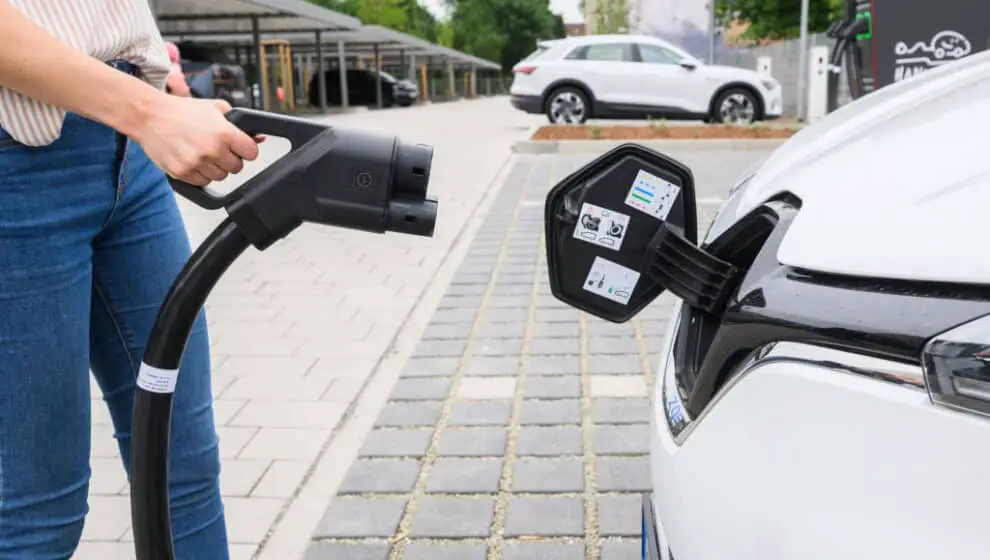China is the leader when it comes to supplying electric vehicle parts, but that might change.
Key details
Saudi Arabia is jumping into the world of electric vehicles (EVs). The country is making an attempt to cash in on the global shift to electric vehicles and begin to provide parts for this growing trend. It has been sourcing minerals critical for batteries and taking a stake in the EV supply chain.
Saudi Arabia has made many deals with other companies to begin sourcing the materials needed for its EV production. One partner is Australian battery chemicals and technology company EV Metals Group Plc, which says it has begun development of its processing plants for a key component of EV batteries—lithium hydroxide monohydrate, for the Saudis.
Another Australian firm, Avass Group, announced it signed an agreement in February to jointly manufacture electric vehicles and lithium batteries with the country, says Bloomberg.
Why it’s news
With the wealthy nation of Saudi Arabia getting into EVs, it’s likely to accelerate the adoption of these vehicles worldwide.
As shortages loom and U.S. firms attempt to secure costly resources in a bid to scale up manufacturing, Saudi Arabia has drawn in lithium miners and battery makers to set up operations, filling a critical gap.
The country wants 30% of cars on its capital city’s roads to be electric by the end of this decade, says Bloomberg. Creating manufacturing facilities within the country is a big move. Not only will this decision bring down costs, but it will also make the country prevalent on the global EV value chain. Right now, China and few others are the main source for supply.
Saudi Arabia has the resources, capital and conviction—and that’s exactly what’s missing for many companies and countries, says Bloomberg. Given the country’s location it is able to get supplied from China and Australia, which is a big bonus.
The country is in the process of developing its own resources. The lithium in the salty brine byproduct around its oil fields is becoming a key source for the metal as a supply deficit widens. Researchers are now working on economically efficient ways to remove and process the lithium into a pure enough form for use in batteries, according to Bloomberg.
Backing up a bit
More than half of car buyers worldwide want an EV. The number of people wanting evs has hit a worldwide tipping point.
The latest EY Mobility Consumer Index shows that 52% of people looking to buy a car want to buy an EV. This is the first time the number has exceeded 50%, representing a rise of 11 percentage points since last year.
As the need for electric vehicles continues to take off, it is no surprise that countries are turning away from oil and beginning to go green and focus on electric vehicle production.
